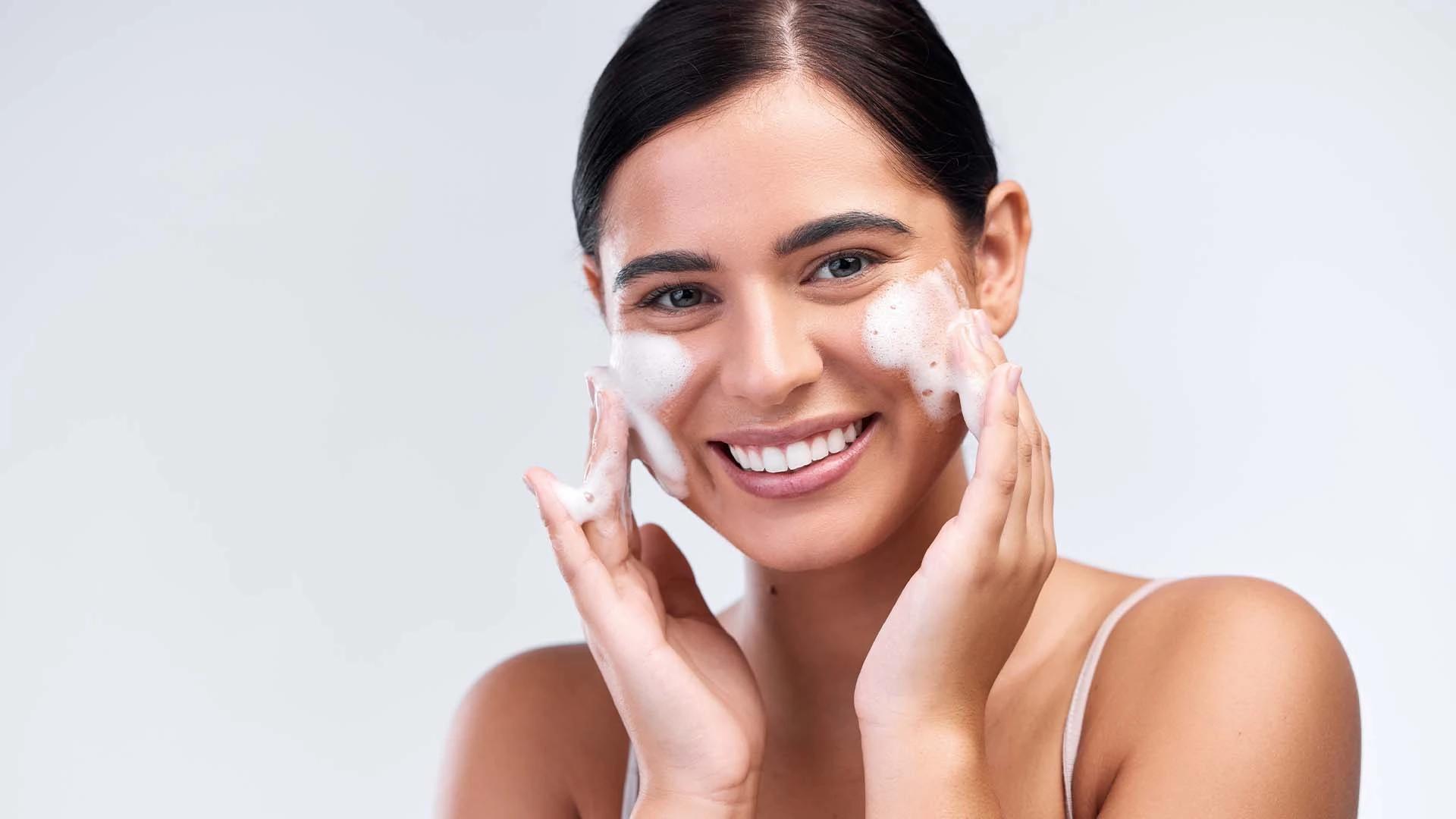Want that glow-up everyone's talking about but unsure where to start? Skin brightening creams have become the go-to solution for achieving that radiant, even complexion we all crave. But with countless options flooding the market, finding your perfect match can feel overwhelming. The right skin brightening cream can be a game-changer for tackling dark spots, uneven tone, and dullness. But here's the thing—not all formulas work the same way, and what transforms your friend's skin might not suit yours. Let's break down everything you need to know to find your kind of pick that actually delivers results.
Understanding Skin Brightening Creams
Skin brightening creams are specially formulated products designed to address
uneven skin tone, dark spots, and overall complexion concerns. Unlike regular moisturisers, these creams contain active ingredients that work to inhibit melanin production or help fade existing pigmentation. They're essentially your complexion enhancer in a jar.
These creams differ from other skincare products because they target specific pigmentation issues rather than just hydrating or protecting your skin. While a standard moisturiser keeps your skin soft and supple, a brightening cream actively works to create a more uniform, radiant appearance. Think of it as your skin's personal editor—smoothing out those imperfections you'd rather not see.
Key Ingredients in Effective Skin Brightening Creams
The magic happens in the ingredient list, and knowing what to look for can make all the difference. Effective skin brightening creams typically contain ingredients that either prevent new pigmentation from forming or help fade existing dark spots. These active components work as melanin inhibitors or exfoliating agents to reveal fresher, brighter skin underneath.
Natural Skin Brighteners
Vitamin C tops the list as a superstar ingredient that doubles as an antioxidant and brightening agent. Licorice extract offers gentle yet effective results, particularly good for sensitive skin types. Kojic acid, derived from fungi, works brilliantly for hyperpigmentation treatment without being too harsh. These natural options tend to be gentler on your skin while still delivering noticeable results over time.
Synthetic Skin Brightening Agents
Hydroquinone remains one of the most potent options available, though it requires careful use and often professional guidance. Arbutin provides similar benefits with fewer side effects, making it a popular choice in many formulations. Niacinamide (vitamin B3) works wonders for overall skin texture while brightening, and alpha arbutin offers gentle yet effective results for most skin types.
Identifying Your Skin Concerns
Before diving into any product, you need to understand what exactly you're trying to address. Different skin concerns require different approaches, and using the wrong type of brightening cream might not give you the results you're after. Take a good look at your skin in natural light and identify your main concerns.
Hyperpigmentation and Dark Spots
These usually appear as distinct darker patches caused by sun damage, acne scarring, or hormonal changes. A good dark spot corrector will contain ingredients that specifically target these concentrated areas of pigmentation. Look for formulas with higher concentrations of active ingredients, but remember to start slowly to avoid irritation.


 50 gm
50 gm 30 gm
30 gm